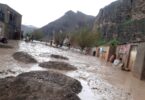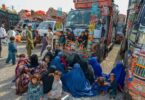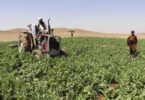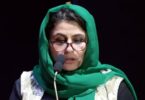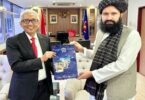KABUL (Agencies): Twenty-five civil society organizations including Amnesty International and Human Rights Watch have sent an open letter to the United Nations Human Rights Council calling for urgent debate on the women’s rights situation in Afghanistan.
In a letter sent last week, the organizations called for the debate to be held at the 50th session of the UN Human Rights Council which is scheduled to take place in Geneva from 13 June to 8 July. They also urged the council to “support a resolution responding to this crisis”.
In the letter, the organizations stated that since the take over by the Islamic Emirate of Afghanistan (IEA) in August last year, “there has been an enormous deterioration in the recognition and protection of the rights of women and girls in Afghanistan, including with respect to the rights to non-discrimination, education, work, public participation, health, and sexual and reproductive health.” “The Taliban (IEA) has also imposed sweeping restrictions on the rights to freedom of expression, association, assembly and movement for women and girls. Afghanistan is now the only country in the world to expressly prohibit girls’ education,” the letter read.
The organizations also stated “on 17 May 2022, the Taliban (IEA) dissolved the Afghanistan Independent Human Rights Commission, cutting off a crucial source of support for Afghans facing violations of their human rights, including women and girls experiencing gender-based violence.”
“This is the most serious women’s rights crisis in the world today, and the most serious women’s rights crisis since the Taliban (IEA) took over Afghanistan the last time in 1996,” read the letter. The went on to say that it “is imperative that the Council consider and take action on the women’s rights crisis in Afghanistan in a manner reflecting the gravity and urgency of the situation. At the Council’s forthcoming 50th session the High Commissioner will provide an oral update on the human rights situation in Afghanistan, followed by an interactive dialogue.
“In our view, this interactive dialogue, which will consider the situation in the country in general, should be complemented by an urgent debate providing a dedicated focus on women’s and girls’ rights, gender equality, and the situation for women human rights defenders in the country.”


